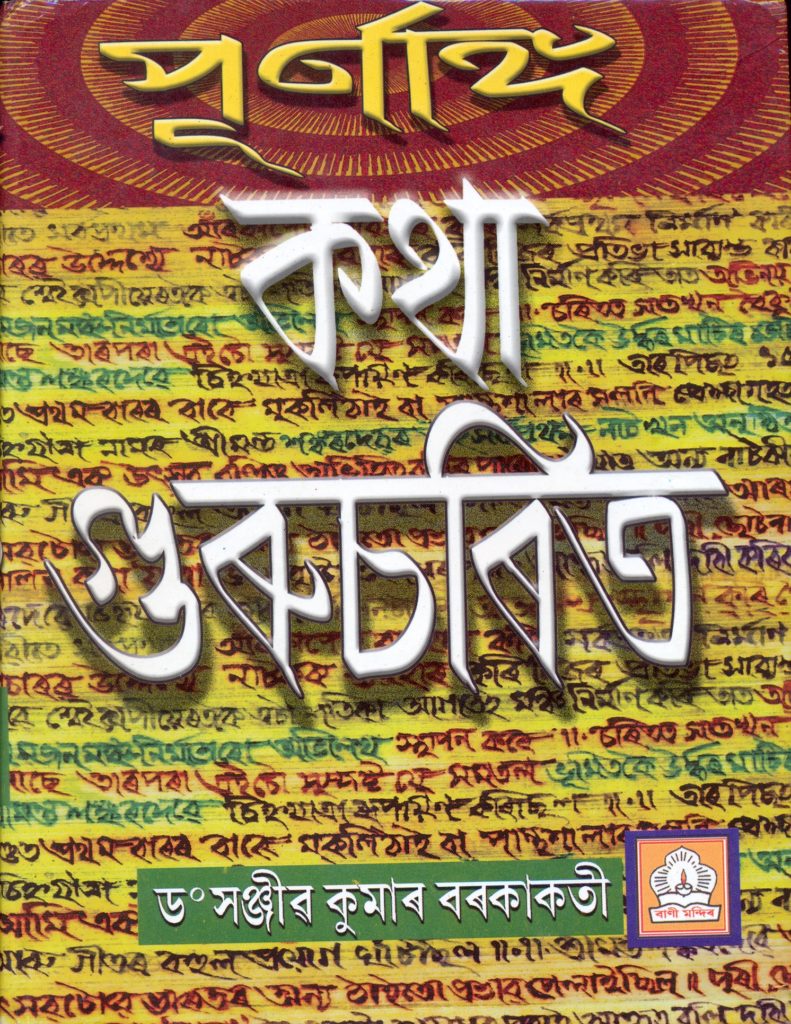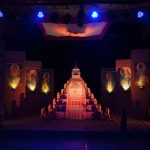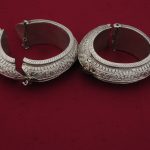Literary criticism depends on what type of matter is being criticised. In case of creative writings, I think that criticism should always be devoted to the search of a core philosophy in the writing. Only those writings can survive the test of time which go deep into philosophy of life. Simple romance and utopia have lost their utility and attraction in the modern days. The critical surroundings with all its hues should be reflected and analysed in the creative writings in order to draw the readers. My methodology of criticism therefore starts with this search. A critic should have an open mind to start with. Unfortunately that is not the case in general. The leftist critics are, for instance, guided solely by their own political beliefs, because of which they cannot do justice to the literary work they are reviewing.
Next, I go for the test of logical character in the writing. Until and unless the writer is clear in his/her perspective, he/she would have a hazy picture in his/her writing and his/her characters would be caught in numerous contradictions. I judge the success or failure of a litterateur from that angle. That is why I deem Dostoyevsky and Kundera the best in the literary world. In my maiden novel ‘Anek Surya aru ejan Tathagata’, I brought in the complexity of political life as these two had done. But there are more dimensions in my novel than they had had. In my second novel ‘Mrinmayar Jagat’, I brought in politics, yoga, philosophy etc. However that is quite natural, considering the time gap between them and me. We are continually moving into more and more complicated life. Literature cannot remain unaffected by that. Additionally, I differ from them in my goal, which is to establish the triumph of humanitarianism. That is missing in Kundera, but present to a great extent in Dostoyevsky.
In case of essays or other analytical writings, I search for a logical consistency on the part of the author. Of course the author has to convince me with his/her arguments. The facts, figures and quotations also have to be examined thoroughly for relevance and accuracy. Thus the criticism of an essay or a critical writing has to be a sort of research work. I was engaged in many such criticism, though I have given up literary criticism in recent times due to my pre-occupation with other areas. Preparing a criticism of another critic’s book took me one to three months time. Compared to that, the criticism of creative writing took me far less time; generally a fiction took me one week only. This time difference is enough to show the qualitative difference of the preparatory works going into these two types of criticism. There are few people who can criticise a critic, because one has to delve to a greater depth than the latter. Unfortunately the critics generally do not like their works to be criticised. Most of them suffer from superiority complex. Work by such critics may mislead the lay readers about literature, society and even culture. I have seen some critics, who have even distorted history of Assam.
I believe that literature cannot be restricted to the realm of fiction only. Toynobee, Russel, Radhakrishnan etc should be included in the same genre as Rushdie, Hemingway. The ambit of literature need to be widened beyond fiction. Actually these modern subjects were not even created when the ancient treatises on literature were written. Unfortunately the so-called critics with degrees in literature cut their teeth in those ancient classics only. But I think the very definition of literature need to be changed now keeping in mind the development of the human civilization.
Widening the mental and intellectual horizon is the most important and critical issue for criticism today. Regarding the current established critics, I find them to be prisoners of theory. Moreover the upcoming authors are not getting proper exposure due to the lobby system of critics. This is a menace which has robbed almost all literay awards of prestige. This is the bane of Indian criticism. Favouriticism has taken the sheen out of literary criticism. The situation in Assam is simply horrible. Nepotism and favouritism prevail supreme in the literary world here.
I think the critics should be liberated from the shackle of theories. Most literary critics examine literature in the light of existing theories and hence fail to discern the originality of the authors. But the fact is that many Indian authors are writing original pieces. I was impressed by the way Kundera brought in politics to literature. But my way of bringing politics in fiction is original. I would expect a critic to keep that in mind while reviewing my novel and not declare that I have been influenced by Kundera. Unfortunately this does not happen in India, especially in the case of those trained in English literature. They always try to discover influence of others and ignore the originalities.
A critic should try to widen own vision first. Most of the critics do not have ideas about science, politics, environmental issues etc. A critic should be like a good journalist. One should be acquainted with different disciplines. Otherwise one cannot examine works by others as literature now covers a wide spectrum of issues.




